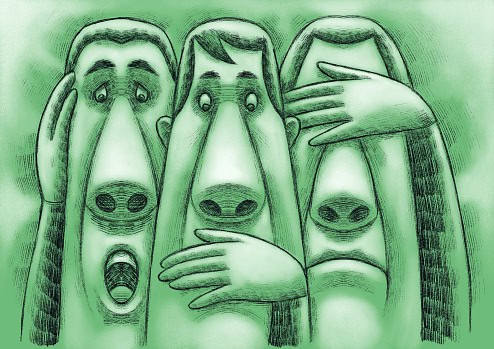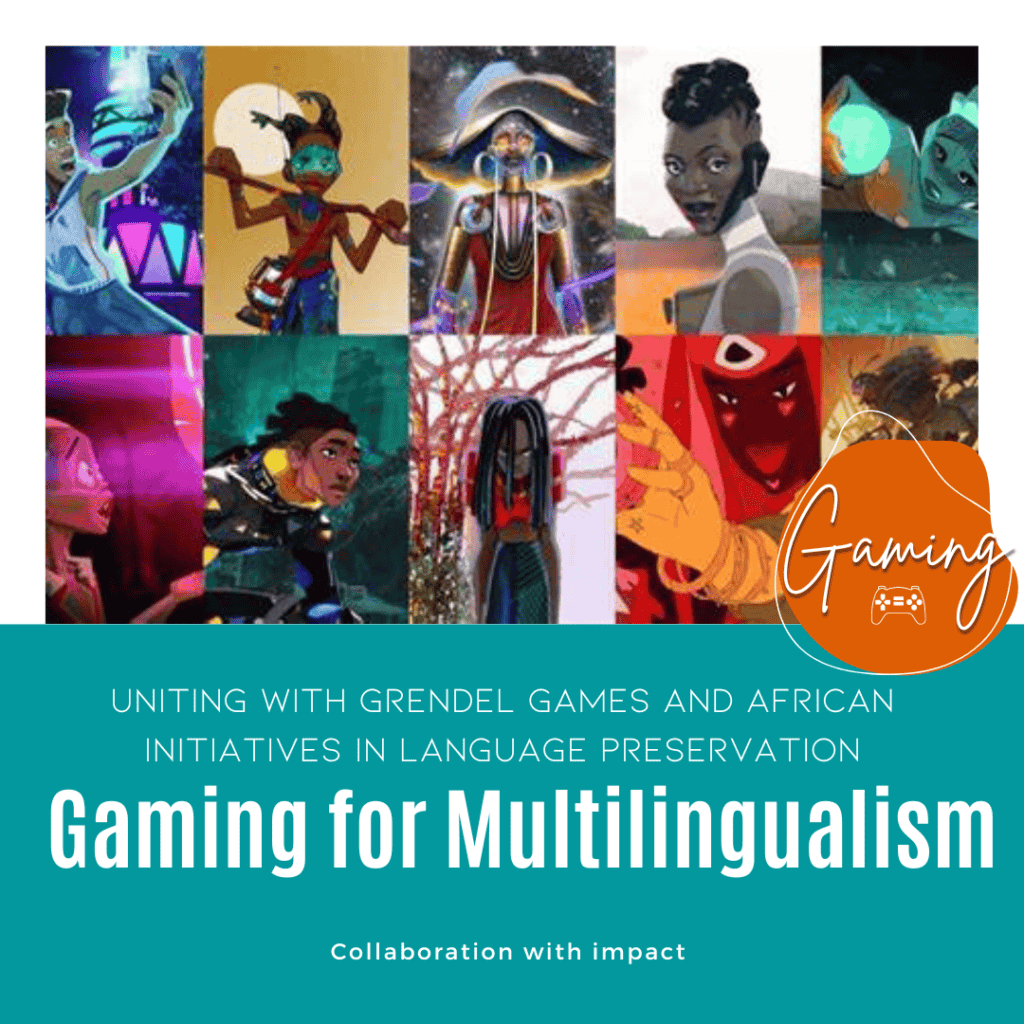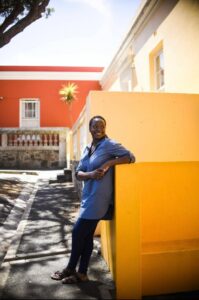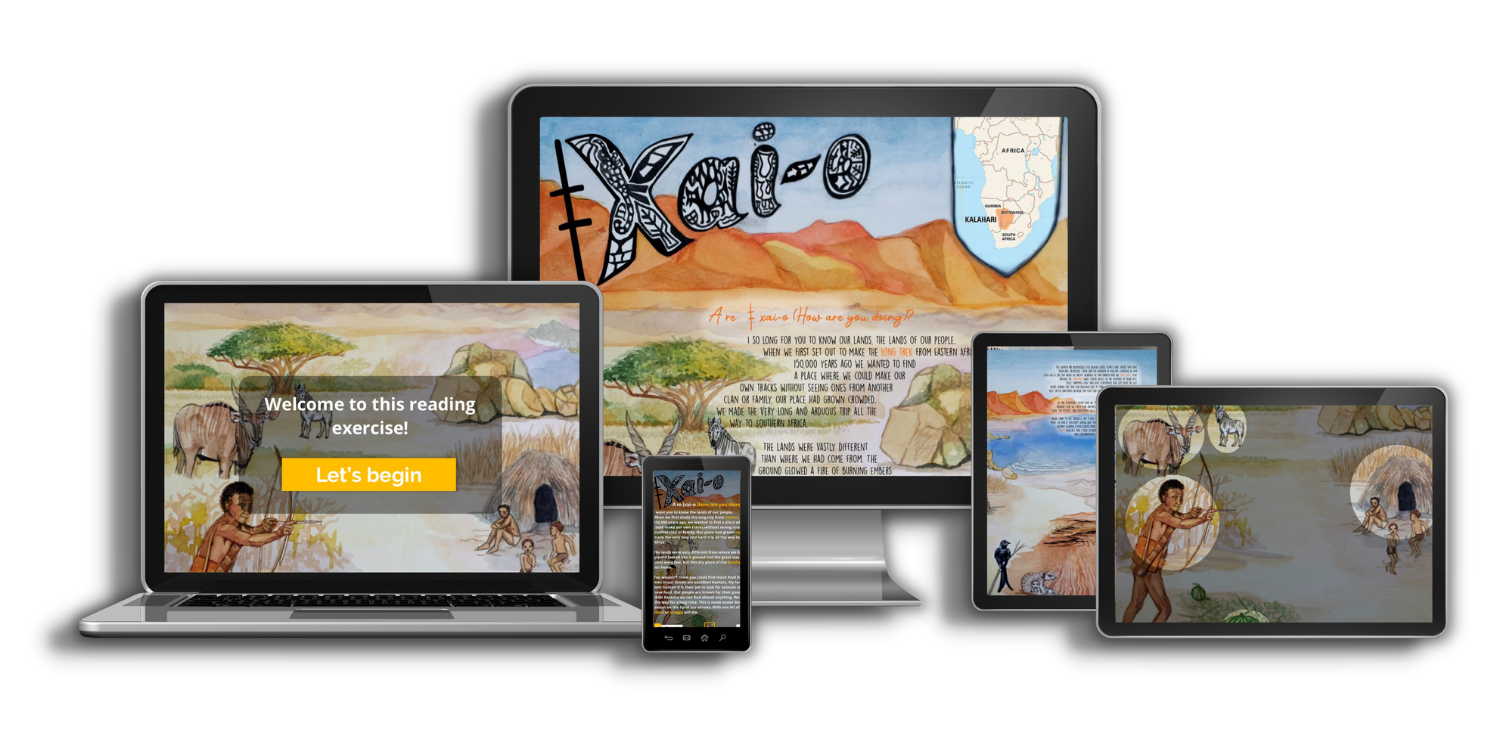The video game business is becoming a potent platform for preserving and advancing linguistic variety in a society where language and culture constitute the foundation of our identities. A growing movement of cooperation aims to promote cultural heritage and conserve indigenous languages as the internet sphere continues to unite people and bridge boundaries. Disney made one such historic statement, announcing their collaboration with Kugali, an innovative African entertainment firm. This very important partnership highlights the critical role that multimedia—including gaming—plays in preserving the intricate stories woven into languages that are frequently in danger of disappearing.
In the spirit of this forward motion, we set out on our own. August is almost approaching, and we are excited to share the news of our impending collaboration with Grendel Games, a leader in game innovation. Our goal goes beyond pixels and displays; it’s a deliberate attempt to balance gaming expertise with the preservation of language. We think that games have the ability to affect change in addition to being enjoyable. With an emphasis on Africa and its diverse linguistic tapestry, our partnership with Grendel Games marks the beginning of a story in which gaming takes on the role of a defender of linguistic variety. We cordially welcome you to embark with us on this collaboration journey where gaming and multilingualism collide, and where our dedication to cultural heritage is as unwavering as our games’.
On August 2, we had the fortunate opportunity to speak with Tim Laning, the creative mind behind Grendel Games, for the first time. Even though our original plan was to meet at 12:30 PM due to scheduling conflicts, this unexpected coincidence of time zones turned out to be a fortunate detour. Amidst the initial confusion, a really productive conversation took place, defining the parameters of our collaboration.
Tim Laning revealed levels of knowledge and understanding within the context of this chat that struck a deep chord with me. We were drawn to the history of Leeuwarden, a community known for its fervent dedication to linguistic plurality and multilingualism. This city, with its commitment to language development, seems to provide a fitting background to the cultural heritage tapestry we are eager to weave via gaming.
We looked at creative methods to combine gaming with teaching, led by Tim’s deep knowledge. There was much potential in the idea of utilizing AI to provide gamers a fully immersive learning experience that included verbal, visual, and audio features. Tim’s focus on designing a game that celebrates player accomplishments rather than obsessing on their undeveloped abilities struck a deep chord with me. Embedded evaluations in conjunction with the idea of evaluating strengths and weaknesses via a database resonated, streamlining evaluation without adding more work for parents or teachers.

Prospective funding became available, reflecting our dedication to maintaining linguistic variety. UNESO and the Mastercard Foundation were identified as possible partners for this project. With a reference to African organizations operating in related fields, our discourse also demonstrated the power of cooperative partnerships in easing the financial burden associated with developing a vertical slice of our game.
The complexities of game production unfolded throughout our conversation, aligning Grendel’s approach with our objectives. Tim drew out the development path, which included conceptual agreement, prototype quote, agile/scrum prototyping approaches, publishing, evaluation by academics and scientists, selecting an appropriate publisher, and developing a strong business model using a thorough canvas.
Tim introduced us to “Kazizi,” a Disney program that illuminates various African histories, as we looked into indigenous stories from Ghana, Botswana, and Cameroon to weave into our game. Kazizi, a wealth of knowledge, offered to lead us through the intricate fabric of native legends.
However, difficulties also came up throughout the conversation. Obstacles include the lack of speech recognition for native African languages and possible database gaps. Tim suggested that we could create a database on our own, but this would be quite expensive. We thought of using the recently published Zulu course on Duolingo as a resource.
In essence, our first phone conversation with Tim Laning was both a meeting and a voyage. A journey that began with scheduling coincidences, traveled through the complex web of linguistics and game production techniques, and ended with a vision for a collaboration that links gaming with language variety. It’s a trip that prepares us for transformation, and as we go forward, we’re reminded that occasionally, the most amazing roads emerge through the muddle of time.





